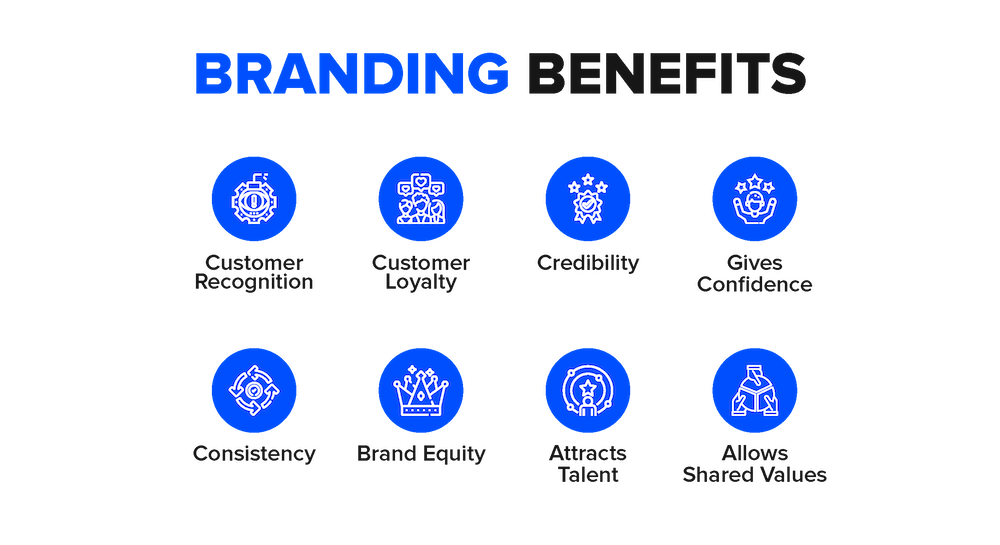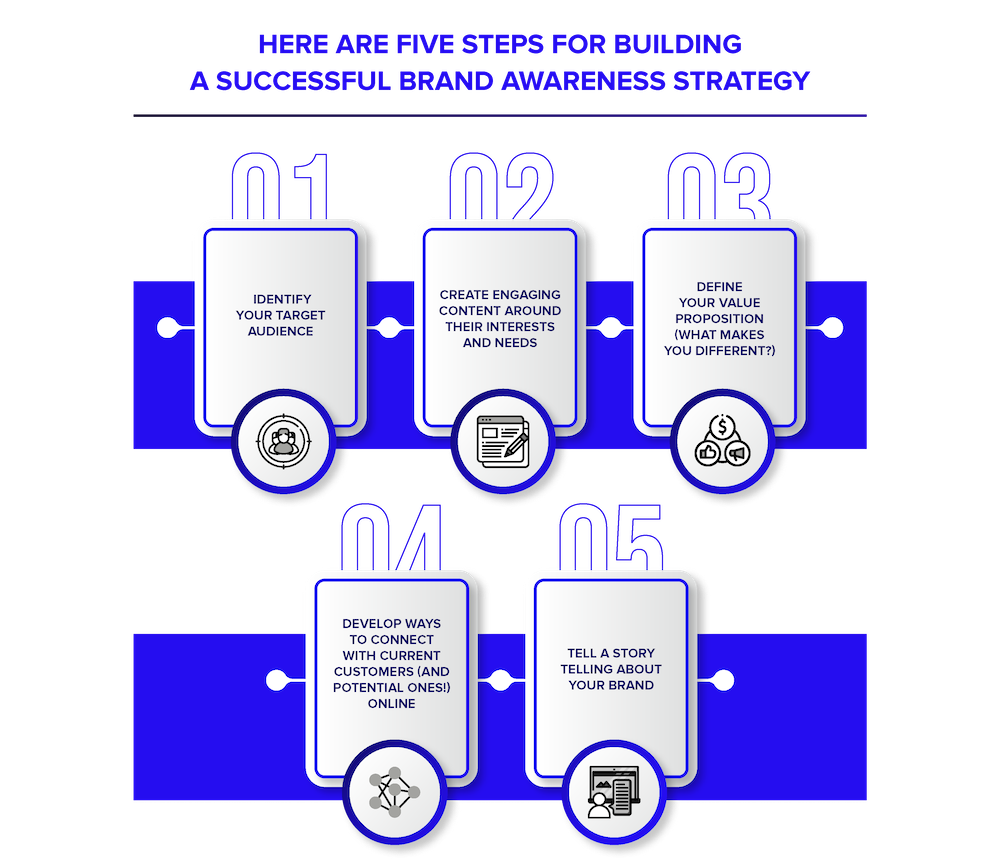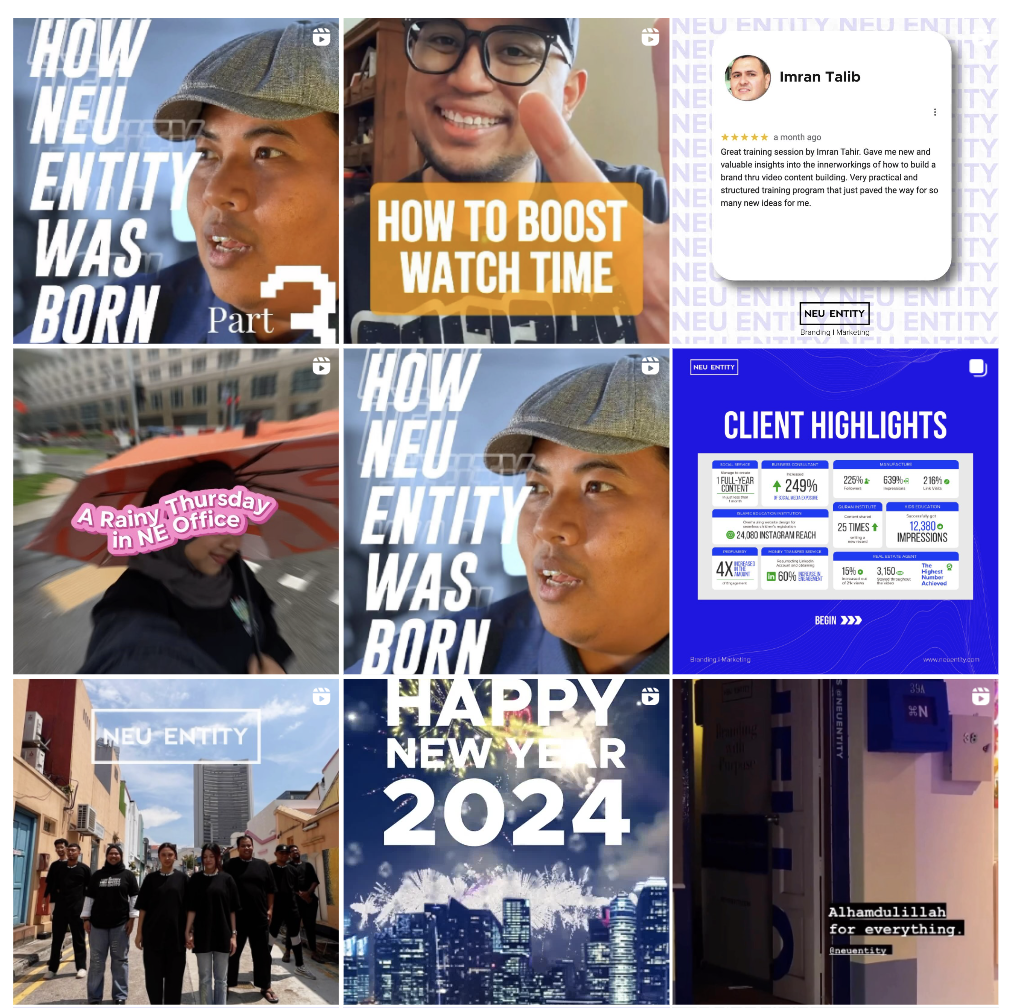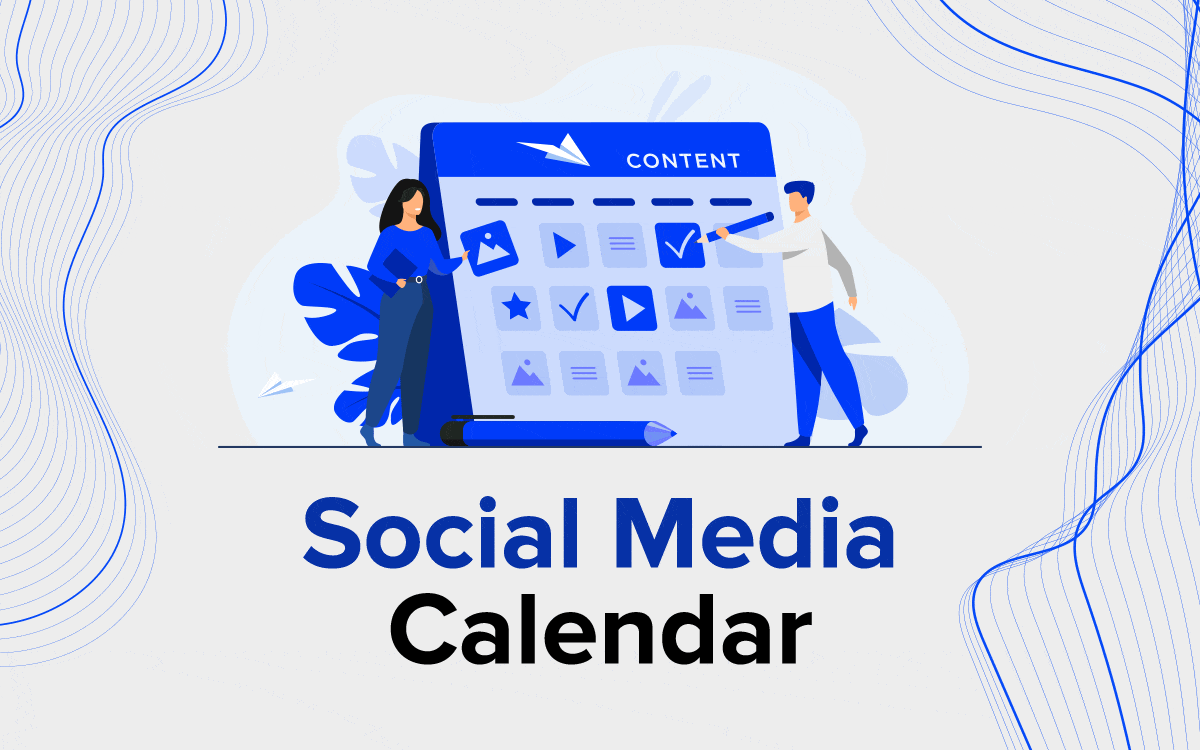Why is Brand Awareness Important for your business?
How to building a successful brand awareness strategy
Campaign Ideas to Boost Brand Awareness
In 2024, it is important for your business to have brand awareness. In a rapidly evolving business landscape, being memorable and distinct is no longer a choice; it’s a prerequisite for success. One of the most potent tools at your disposal is “Brand Awareness.”
This guide will take you on a journey to comprehend the pivotal role that brand awareness plays in shaping the success of businesses across various industries.
Imagine strolling down the street, craving ice cream, when you suddenly spot a Baskin Robbins store you didn’t even know existed. Despite its slightly higher prices, loyal customers flock to it. Why? Because of brand awareness.
Brand awareness isn’t just about being known; it’s about being remembered and chosen. It’s the secret ingredient that can set your business apart, foster customer loyalty, and create an emotional connection between your brand and your audience.
In this comprehensive guide, we will delve into the core concepts of brand awareness, why it matters for your business in 2024, and most importantly, how to build and elevate it to new heights.
So, let’s embark on this journey to unlock the potential of brand awareness and discover how it can transform your business in the current year.
Why is Brand Awareness Important for your business?
Brand awareness is important because it plays a crucial role in not only reaching potential customers but also in shaping perceptions and creating a lasting impact.
Here’s why brand awareness is essential for your business:

1. Customer Recognition
High brand awareness means customers easily recognize and remember your brand. This instant recognition can be a significant advantage in saturated markets. Data from Consumer Research Report in 2022 show 46% of customers tend to buy from familiar brands.
For Example: Consider a brand like Coca-Cola. Its distinctive red and white logo is instantly recognizable worldwide, creating a strong visual identity that consumers easily recall.
2. Customer Loyalty
Once a customer recognizes and trusts your brand, it fosters loyalty. Loyal customers are more likely to choose your brand over competitors and make repeat purchases.
For Example: Apple Inc. has built a loyal customer base through consistent innovation and branding. Their customers often wait eagerly for new product releases, showing a deep-rooted loyalty to the brand.
3. Credibility
A well-known brand is often perceived as more credible and reliable. High brand awareness enhances your business’s reputation, making it a preferred choice for consumers.
For Example: Brands like Google have become synonymous with credibility and reliability in their field, which is a direct result of their strong brand awareness.
4. Give Confidence
Strong brand awareness gives confidence to consumers in their purchasing decisions. They are more likely to trust and feel comfortable with well-known brands.
For Example: Amazon’s widespread brand recognition gives customers the confidence to purchase a wide range of products from their platform, trusting in the brand’s promise of quality and service.
5. Consistency
Consistently presenting your brand across various platforms reinforces brand awareness and ensures a cohesive customer experience.
For Example: McDonald’s maintains a consistent brand image globally, which reinforces recognition and ensures a familiar experience for customers everywhere.
6. Brand Equity
Brand awareness contributes to brand equity. This is the added value brought to your company’s products or services that allows you to charge more than similar, unbranded products.
For Example: Nike’s brand equity allows them to price their products higher than many competitors due to the perceived value associated with their brand.
7. Attracts Talent
High brand awareness not only attracts customers but also top talent. People prefer to work for a brand that is well-known and respected.
For Example: LinkedIn, known for its strong brand in professional networking, attracts employees who are eager to work for a leading company in the industry.
8. Allows Shared Values
A strong brand connects with customers on a deeper level by aligning with their values. This creates a loyal customer base that believes in what your brand stands for.
For Example: Patagonia’s commitment to environmental sustainability resonates with customers who share the same values, creating a loyal community around the brand.
How to building a successful brand awareness strategy:

1. Identify your target audience
Before you can create content that appeals to your target audience, you need to know who they are and what they want to read.
The best way to find out their interests and needs is by surveying them or speaking with them directly. Once you have a good idea of what they want, you can tailor your content accordingly so that it resonates with them more effectively.
For further guidance on identifying your audience, you can use this buyer persona guide to help you.
Identifying your target audience is the foundation of your brand awareness strategy. It enables you to create focused, relevant content that speaks directly to the interests, needs, and challenges of your potential customers.
This step ensures that your marketing efforts are not just a shot in the dark but a targeted approach to engage with the right people.
Next Steps
- Conduct surveys and interviews to gather insights about your target audience.
- Use analytics tools to understand customer behavior and preferences.
- Create detailed buyer personas to guide your content creation.
Understanding your audience is not just about demographics; it’s about getting into the mindset of your potential customers and understanding what drives their decisions. This understanding is key to creating a brand that resonates and builds a strong, loyal customer base.
2. Create engaging content around their interests and needs
Creating content that resonates with your target audience is essential if you want to establish yourself as an expert in their eyes.
However, just because something is interesting doesn’t mean it will resonate with them on an emotional level — especially if they don’t feel like it relates to their needs or concerns.
You need to understand what makes them tick and then use that knowledge to create content that speaks directly to them on both an intellectual and emotional level.
To effectively plan and manage this content, you can use a social media calendar to help you.
Crafting content that strikes the right chord with your audience involves a deep understanding of their interests, needs, and the challenges they face. It’s not just about sharing knowledge; it’s about connecting with your audience on a level that transcends mere facts and figures.
3. Define your value proposition (what makes you different?)

What makes you different? Why should people choose you over your competitors? These questions are central to defining your value proposition, the unique value your brand offers that sets it apart from the rest. To start crafting your value proposition effectively, download this free value proposition template to help you.
Defining your value proposition is a crucial step in differentiating your brand in a crowded market. It’s about making a clear statement of why customers should choose your brand over others.
For assistance in creating a compelling value proposition, this value proposition guide can be a valuable resource.
4. Develop ways to connect with current customers (and potential ones!) online
The first step towards developing ways to connect with current customers online is identifying who those people are — what social media platforms do they use? Which ones would best suit our needs? The next step is figuring out how we can reach out to them online
5. Tell a story telling about your brand
Storytelling is an incredibly powerful marketing tactic, whether you’re marketing products or promoting your brand. Why? Because it gives something real for your audience to latch onto.
Crafting a narrative around your brand humanizes it and gives it depth. And weaving this said narrative into your marketing inherently markets your brand alongside your products or services.
Campaign Ideas to Boost Brand Awareness
Your brand awareness is now effectively off the ground, and people talk about you without needing to see an ad.
What about expanding your established brand awareness and building on that strong foundation? What can you do as a brand to campaign for awareness and constantly increase it?
Here are a few campaign ideas to boost your brand awareness beyond your initial strategy
1. Create an infographic
Infographics are super popular in the digital age because they’re easy to digest, share, and remember. Create an infographic that shows off your unique selling proposition (USP) or highlights something about your business (e.g., why it’s better than the competition). Then post it on social media channels with a link back to your website’s homepage or landing page.
You can see the infographic produced by Neu Entity.
2. Run a contest
Contests are great for engaging existing customers and getting new ones involved as well. You can run a photo contest where participants submit photos on social media of them using your product or service in their daily lives.
Or perhaps you want to get some feedback on how people feel about something specific within the company — running a text-based survey might be more appropriate here! The key is choosing something that’s relevant to both parties involved.
3. Promote Your Brand Through Social Media

Promoting your brand through social media is a powerful strategy to enhance brand awareness. Platforms like Facebook, Instagram, and YouTube offer numerous avenues for brands to connect with their target audiences.
As can be seen from the image above, Neu Entity effectively leverages social media to promote their brand. Additionally, according to Forbes, “77% of businesses use social media to reach customers,” underscoring its significance in modern marketing strategies.
Utilizing Various Social Media Platforms:
Facebook Ads: Harness the power of targeted advertising to reach specific demographics.
Instagram Posts: Use visually appealing content to engage with a younger, visually-oriented audience.
YouTube Videos: Create informative or entertaining videos that can capture the attention of a broad audience.
4. Create an Influencer Outreach Program
Influencer marketing has become an increasingly popular method for brands to enhance their visibility and credibility. Data from Influencer Marketing Hub reveals that over 80% of brands recognize the high quality of customers acquired from influencer marketing campaigns. This statistic underscores the effectiveness of influencers in reaching and engaging with audiences.
Developing an Influencer Outreach Program:
Identify Relevant Influencers: Look for influencers whose audience aligns with your target market and whose values resonate with your brand.
Build Relationships: Establishing a relationship with influencers is key. It’s not just about a transaction but about creating a partnership that benefits both parties.
Collaborative Content Creation: Work with influencers to create content that is authentic and aligns with both the influencer’s style and your brand message.
Track and Measure Success: Use analytics to measure the impact of influencer campaigns on brand awareness and customer engagement.
5. Support Local Events Where People Are Already Spending Time
Many people spend time volunteering at local events because they feel like they’re making a difference in their community — but what if you could also use those events as opportunities to promote your business?
For example: if you have a fitness studio, consider donating a fitness class or teaching an exercise class at a community event. If you own a floral design shop, offer to donate flowers for the centrepieces at an upcoming wedding.
When you support local events that are already happening in your community, people will remember your company — and will probably tell others about it too!
Final Thought
Remember, developing a brand awareness strategy helps you keep your branding focused on the right areas without feeling overwhelmed by the task.
If you are looking for a solid way to get this work done, contact Neu Entity. It is the brand experience agency that will help you overcome your branding woes and expand your business’ reach into new markets and demographics.
Let’s Talk!
If what you see here is relevant for you and can help you grow your business or organisation, we’d love to discuss further with you. Drop us a message or schedule an appointment with us.
